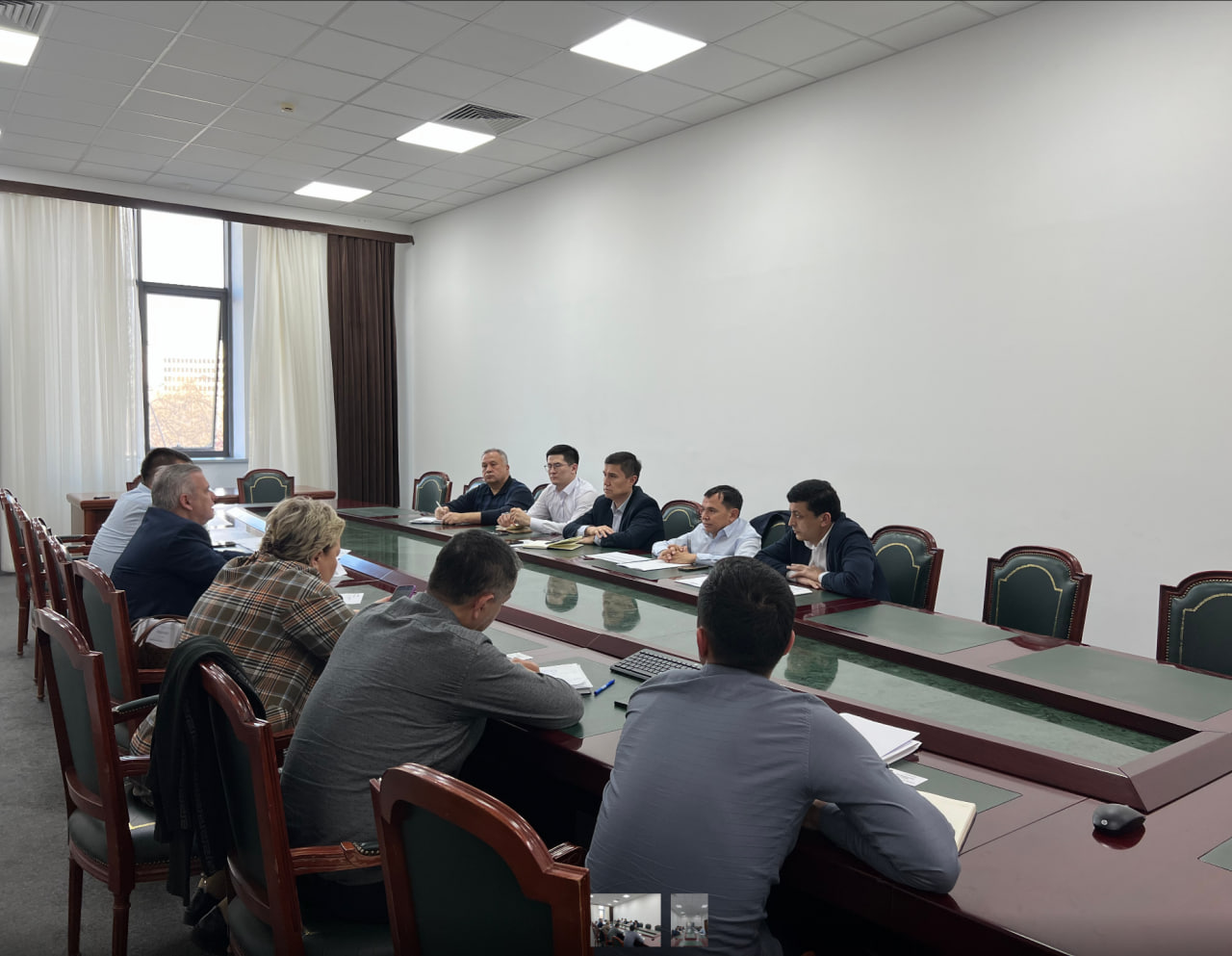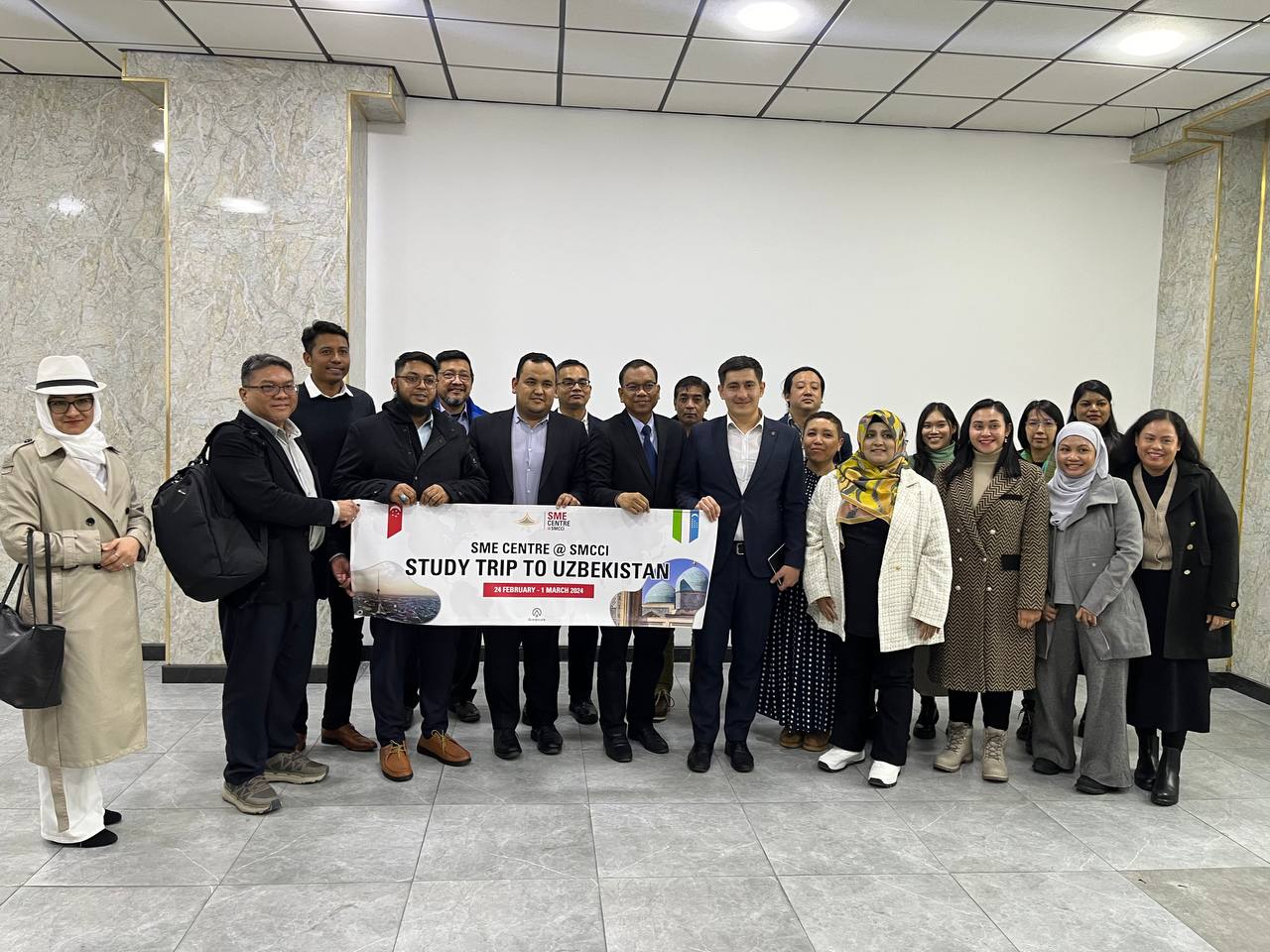Boosting private sector development in Uzbekistan
After years of economic stagnation and isolation, Uzbekistan launched a critical reform process in 2017 to build a competitive and inclusive market economy. Key reforms included exchange rate liberalization, reduction of import tariffs, price liberalization of selected goods and services, and establishment of the Anti-Monopoly Committee.
These initial pro-market efforts were an important step forward in developing the private sector and creating more and better jobs. But there is much more to do.
The 2021 World Bank Country Economic Memorandum for Uzbekistan highlights several areas where continued effort is needed. Let’s take a closer look.
Competition is still perceived as weak. According to the Bertelsmann Transformation Index, the perception of market competition in Uzbekistan improved from 2016 to 2020, but today still lags behind several other countries in the Europe and Central Asia region, such as Tajikistan, Ukraine, Poland, and Russia.
Entrepreneurship remains limited. The entry density of new firms into the formal private sector – a standard proxy for entrepreneurship – has improved over the past few years, but remains well below the regional average, and is lower than predicted by Uzbekistan’s income per capita.
Formal private firms do not grow in size as they age. Analysis based on data from the 2019 World Bank Enterprise Surveys indicates that formal private firms, especially in manufacturing and service sectors, have not grown as quickly in comparison to those in other major transition economies such as Vietnam and Russia. In addition, these firms tend to remain small over time: Uzbek formal private firms up to 10 years old employ, on average, 20 workers compared with 33.6 workers in similar firms in Vietnam. This gap of 13.6 employees grows wider (to 78.6 employees) for firms that are more than 20 years old.
Decreasing labor productivity. The same micro-level analysis showed that labor productivity (defined as sales revenue per worker) in the formal private sector has decreased continuously over the past decade, with -1.2 percent annual growth during 2010–13 and -6.7 percent during 2016–19. These recent decreases reveal low performance in other entrepreneurship domains, such as insufficient trade exposure, low innovation intensity, and weak firm capabilities.
All of this points to a common interpretation: the stagnant performance of the private sector reflects a distorted business environment that does not reward firms with growth potential and impedes resource allocation towards more efficient firms.
There are multiple reasons behind this. One important factor is limited competition in product markets, a typical challenge for transition economies. Indeed, discriminatory interventions and regulations still keep the playing field uneven, especially in markets where state-owned enterprises compete against private firms.
Moreover, data from the 2019 World Bank Enterprise Surveys reveals other business environment barriers hindering private sector development – including tax rates, informal sector practices, and access to electricity and finance (see graph below.)

Source: Enterprise Surveys. Uzbekistan 2019 Country Profile (World Bank Group)
This evidence reinforces the need for a comprehensive policy agenda to streamline the business environment and boost private sector development in Uzbekistan. Seven pressing reforms and policies to focus on are:
Continued fostering of competition. Creating a conducive environment for private firms to compete is as important as advancing privatization and restructuring of state-owned enterprises. It is crucial, therefore, to continue reducing the distortive discriminatory interventions and regulations that tilt the playing field, especially in markets where state-owned enterprises compete against private firms. Strengthening competitive neutrality is a must, as well as controlling state aid to avoid favoritism and minimize distortions on competition.
Ensuring the tax system supports firm growth. The tax system needs to stimulate firm growth, by balancing tax rates and administrative burden. A tax system should increase rates gradually with the size of firms, so as not to discourage growth, and reduce marginal rates to encourage investment and employment in growing and large companies.
Mitigating practices from the informal sector. To limit the size of the informal sector and redirect resources to the most efficient firms, government policies need to: improve labor market flexibility, reform social protection, rationalize the tax system, and improve the regulatory framework and the justice system. Plus, conditions must exist to create good formal jobs so informality regresses over time.
Improving access to finance for micro, small and medium enterprises. This can be achieved by fostering competition in the banking sector, reducing state ownership in commercial banking, further lowering directed state lending, improving bank governance, and boosting human capital in the banking system. And by continuing to strengthen institutions to safeguard fast credit growth and ensure financial resources are allocated to the most productive projects.
Advancing electricity sector reforms. This is critical to updating aging infrastructure and improving service quality and reliability. The Uzbek government is implementing relevant sector reforms to transition to market-based mechanisms that enhance efficiency and update aging infrastructure. Ensuring effective regulation of competition and pricing is also essential.
Introducing active policies to support entrepreneurship. While implementing the above-mentioned reforms, introducing active policies that address the current weaknesses hindering entrepreneurship growth is crucial. Business support measures should follow two important principles. First, prioritize firms’ growth potential and performance, not firm survival. Second, combine financial with non financial instruments to fortify firm capabilities, so firms are able to manage production, recognize new opportunities in the market, take the risk of developing new projects, adopt new technologies, and expand activities.
Closing the skills gaps to cater for private sector growth. Before the COVID-19 crisis, many enterprises had reported inadequate skills as a significant constraint to business development in Uzbekistan. It is estimated that the pandemic has resulted in a learning loss equivalent to two years of schooling for children, which impacts the potential productivity of the future labor force. As such, skills development in the education sector is an area for urgent action.
Uzbekistan faces the complex challenge of nurturing the private sector while distancing from the legacy of a centrally planned economy. Making private firms the backbone of the country’s business and economic future is the only sustainable way forward. This will require the coordination of all stakeholders and public institutions, building broad consensus, and creating a robust framework to monitor coordination and implementation of reforms.
Unleashing the full potential of the private sector and entrepreneurship is critical to Uzbekistan achieving its 2030 development goals and improving the lives of all its people. In this context, the upcoming Country Partnership Framework for Uzbekistan will put private sector development as one of the main areas of focus over the next five years.
Source: blogs.worldbank.org
Другие новости и события
Any use (reproduction, publication, copying, reprinting, distribution, translation, broadcasting, processing and other methods of distribution) of the materials of the Investment Portal - Invest.gov.uz, without indicating the original source and a link to the Portal is strictly prohibited!







